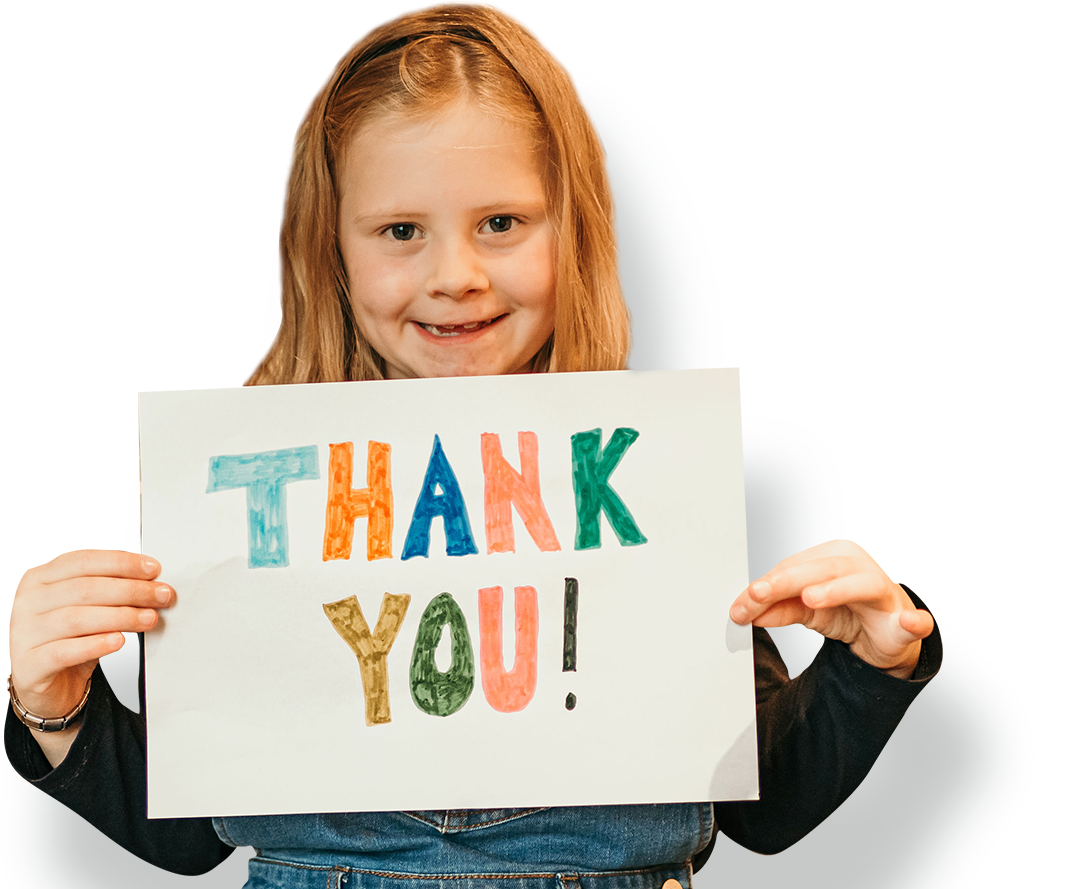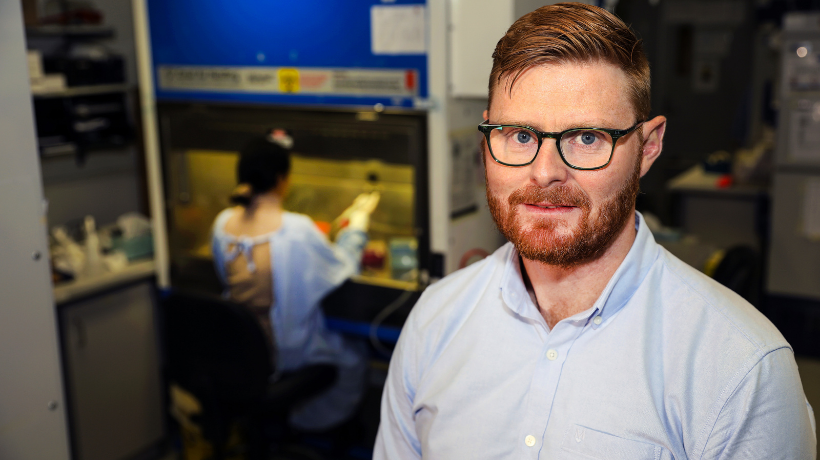

iBounce helping kids’ cancer patients pivot away from sugar-sweetened beverages
31/03/2025
We are proud to share Dr Lauren Ha, The Kids’ Cancer Project-funded researcher based at UNSW, has had a correspondence letter published in the British Journal of Cancer, detailing the positive effects her app iBounce has on limiting the sugar-sweetened beverage (SSBs) intake of kids with cancer.

Doubling up to support childhood cancer research
28/03/2025
The Kids’ Cancer Project is delighted to have been named as one of sixteen Australian charities set to benefit from Beyond Bank’s dollar-for-dollar fundraising campaign that will run over a two-week period in April 2025.

Federal funding marks new chapter for ZERO program
21/03/2025
The Federal Government has announced a $112 million investment into the ZERO Childhood Cancer Program, a fully-fledged public scheme initially funded by The Kids’ Cancer Project.

Charli’s challenges underpin first NSW Golf Day of 2025
19/03/2025
An amazing day was had last Friday at St Michael's Golf Club for our first NSW Golf Day of 2025.

Airwallex: Wrapped up in the cause
12/03/2025
The Kids’ Cancer Project’s storied list of partners are all intent on helping us realise our dream of no child dying from cancer.
Making a difference: Celebrating the women of The Kids’ Cancer Project
08/03/2025
On International Women’s Day – and every day – The Kids’ Cancer Project is proud to celebrate the array of talented women who continue to contribute in meaningful ways to help us achieve our dream of no child dying from cancer.

Accelerating action: The changing landscape of a woman’s world in research
07/03/2025
This International Women's Day, a selection of our female Col Reynolds Fellows discuss the adversities of the past, and why there's optimism for the future.
.png?width=820&height=546&ext=.png)
Ryan’s setting a course to change childhood brain cancer
06/03/2025
Ask Col Reynolds Fellow, Ryan Cross what he wanted to be as a child, and a smile will beam across his face.

Six ways to Fundraise Your Way
03/03/2025
Childhood cancer research is underfunded, so to ensure a 100% survival rate for kids with cancer, it’s up to us and our communities to dig deep for the three Aussie kids diagnosed each week.

ACT drives for change on record-breaking Golf Day
27/02/2025
The Kids’ Cancer Project’s maiden Golf Day of 2025, held at the Federal Golf Club in Canberra, saw a record amount of funds raised in the nation’s capital on a cloudless day.

The tale of Bobby and his bunny
24/02/2025
Sometimes friends find you when you least expect. That’s what happened with Bobby, who found his best pal, Funny Bunny when receiving treatment.

Neuroblastoma Awareness Week: Dr Katherine Pillman's research to improve diagnosis, treatment
07/02/2025
2-9 February 2025 is Neuroblastoma Awareness Week – a week-long campaign to raise awareness about neuroblastoma, the most common solid tumour found in children.

Dun deal: Australian Government commits $20 million to brain cancer research
06/02/2025
The Kids’ Cancer Project-backed researcher, Professor Matt Dun, has become the beneficiary as part of a $20 million injection from the Australian federal government into childhood brain cancer research.

Blue Sky Services are saying K’day to a better tomorrow for kids with cancer
05/02/2025
On 15 February, The Kids’ Cancer Project seeks to raise funds and awareness for childhood cancer for K’day, coinciding with International Childhood Cancer Day.

New Funding Partnership Backs Innovative Paediatric Brain Cancer Treatment
03/02/2025
The Kids’ Cancer Project is proud to have joined forces with five other leading philanthropic organisations to form the TarGeT Collaborative – a pioneering partnership which has been established to fund critical clinical trials for targeted treatments in children and young adults diagnosed with high-grade gliomas, including Diffuse Intrinsic Pontine Glioma (DIPG).
Displaying results
1
-
15
of
66
Pages
